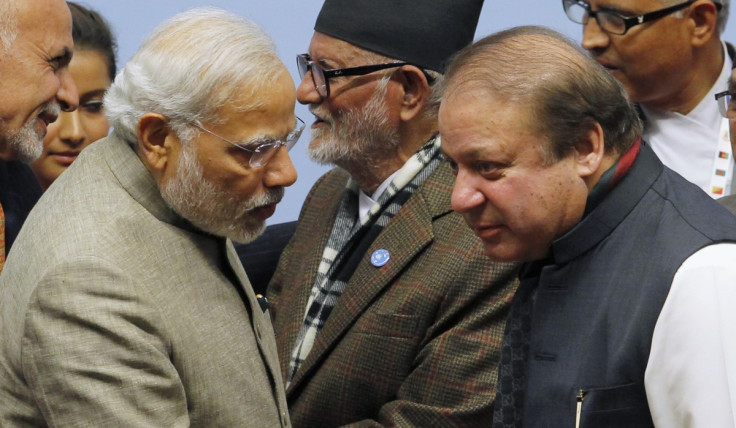India and Pakistan hold surprise high-level talks in Bangkok

India and Pakistan have held high-level talks in the Thai capital Bangkok in a bid to mend the frosty ties between the neighbours. The dramatic breakthrough paves the way for the Indian foreign minister's upcoming visit to Pakistan.
India's hawkish National Security Adviser (NSA) Ajit Doval and his Pakistani opposite number Nasir Janjua discussed a series of issues including security and the situation in Kashmir, at the centre of squabbling between the two nuclear-armed nations. The four-hour-long meeting was kept secret until it took place due to the sensitivity of the matter.
Foreign secretary-level talks were originally scheduled to take place in August 2015 but fell apart after differences between the two sides over pre-conditions. The diplomatic deadlock was broken when Indian Prime Minister Narendra Modi and his Pakistani counterpart Nawaz Sharif held "pull aside" talks at the UN climate change summit in Paris.
The two sides described the NSA-level discussions as "candid, cordial and constructive". Bangkok was chosen because it is a neutral venue convenient for both sides.
"It was agreed to carry forward the constructive engagement between the two countries," read a joint statement released by the foreign ministries.
Following the Bangkok talks, India's Foreign Minister Sushma Swaraj is expected to visit Pakistan on Wednesday, 9 December. This will be the first such visit by an Indian foreign minister to Pakistan since 2012 as the ties between two South Asian neighbours had hit a roadblock.
"This is a good beginning, that the deadlock that was present has to some extent been removed," Sartaj Aziz, Sharif's top aide on security and foreign affairs, told reporters after the meeting. The two countries have fought three wars since their independence from Britain in 1947 – two over the Kashmir territorial dispute.
The ruling Bharatiya Janata Party-led government in India has faced domestic pressure over its approach to Pakistan. Calling the government's decision to hold high-level talks without informing the country's parliament as disrespect, opposition lawmaker and former foreign minister Anand Sharma said: "Parliament should have been informed and still should be informed regarding the whole matter."
© Copyright IBTimes 2025. All rights reserved.






















